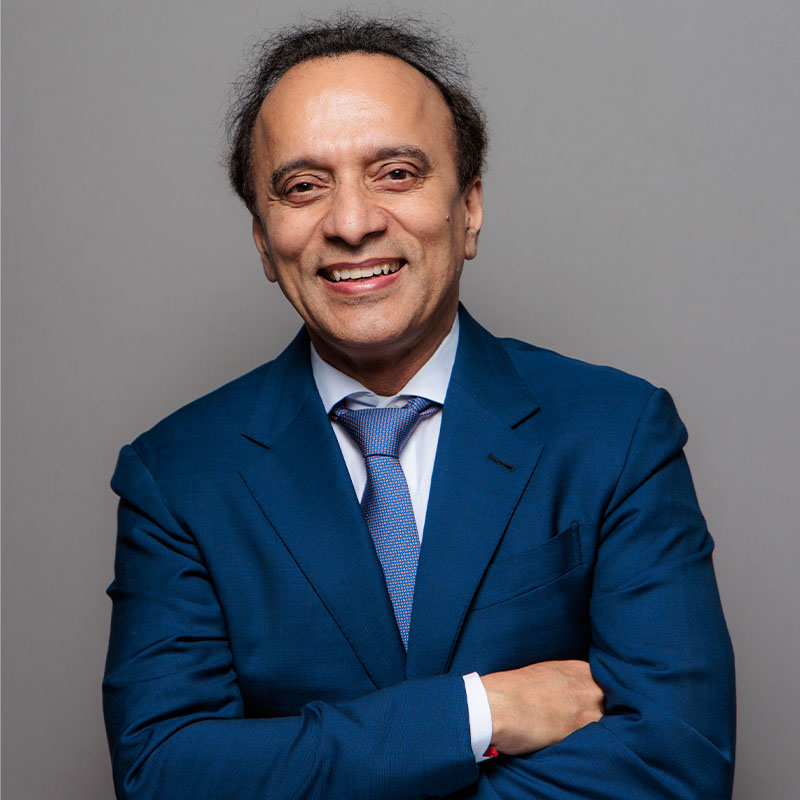
ASGE is pleased to announce the appointment of Prateek Sharma, MD, FASGE, as our new President. Taking over the reins from Jennifer Christie, MD, FASGE, Dr. Sharma assumes the role at the end of the well-attended Digestive Diseases Week (DDW), just concluded in Washington, D.C.
Dr. Sharma is Professor of Medicine and Director of the GI Fellowship Program at the University of Kansas School of Medicine. He is also the Elaine Blaylock Endowed Professor at the Kansas University Cancer Center. He has served various positions on the ASGE Governing Board, including Treasurer and President-elect, as well as course director of numerous ASGE courses. He is a previous recipient of the ASGE Distinguished Endoscopic Mentoring Award.
Dr. Sharma takes over at a time of growth and innovation in the gastrointestinal endoscopy field. He is the current chair of ASGE’s artificial intelligence task force, leading the charge towards preparing for and integrating the latest artificial intelligence solutions and innovation in endoscopy.
“I am honored to be elected as President of ASGE, the global leader in gastrointestinal endoscopy. Given ASGE’s reach and impact through its 16,000 plus members around the world, I am excited to lead ASGE in the next phase of its strategic plan, with particular focus on innovation,” said Dr. Sharma.
“The impact of artificial intelligence will only continue to grow. So as one of my first acts in my presidency, I am pleased to announce the launch of the newly established Artificial Intelligence Institute for Gastrointestinal Endoscopy (AIGI). This new ASGE division will seek to seamlessly integrate artificial intelligence into gastroenterology,” stated Dr. Sharma.
In his career, Dr. Sharma has been at the forefront of improving diagnosis and management of GI diseases and cancer, specifically in esophageal diseases, GERD, Barrett’s esophagus, sustainable healthcare and endoscopic treatments. He is a world-renowned physician, teacher and educator.
Dr. Sharma completed his internal medicine residency at the Medical College of Wisconsin in Milwaukee and his gastroenterology fellowship at the University of Arizona in Tucson.